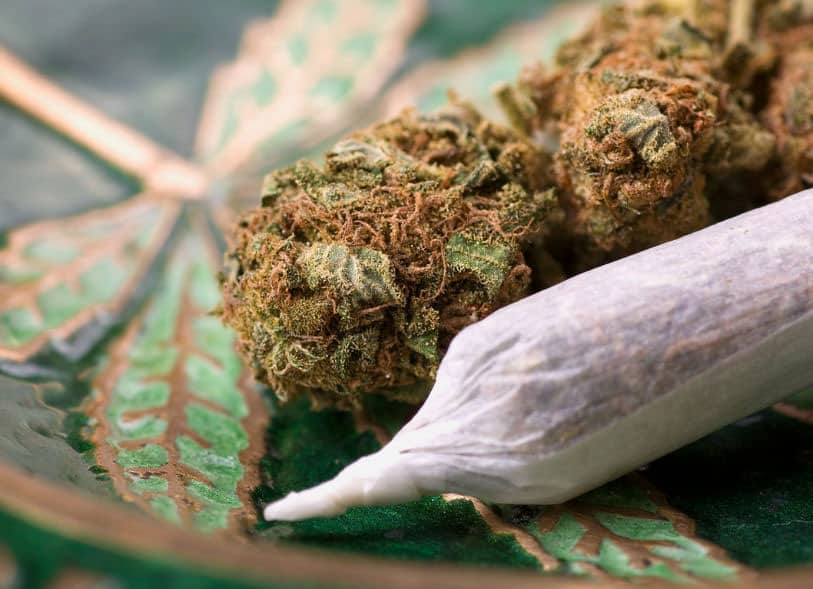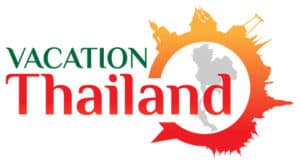
Thailand Drug Laws for Tourists (2026 Update): Cannabis Rules, Prescription Meds & Serious Penalties
Thailand is one of the most welcoming, fun, and easy places to travel—until you stumble into its drug laws. Then it gets serious, fast.
Thailand enforces strict rules around drugs (and certain medications), with heavy fines and long prison sentences possible—even for small amounts. Several countries’ travel advisories explicitly warn that drug offenses can carry severe punishment, and prison conditions can be harsh.
And here’s the big update travelers need to know for 2026: Thailand tightened cannabis rules in mid-2025. Cannabis flower (“buds”) is treated as a controlled herb, and sales without a medical prescription/certificate have been restricted/banned under the new rules.
This guide is written to help you avoid confusion, awkward “wait…that’s illegal here?” moments, and life-ruining mistakes.
(Friendly note: this is travel info, not legal advice. Rules can change—always double-check official sources before you fly.)
What are the drug laws in Thailand?
Bottom line: Thailand’s drug laws are strict, and enforcement can be unpredictable. Possession, use, and trafficking can lead to serious prison time and large fines, and trafficking of certain drugs can carry extremely severe penalties (including the death penalty under Thai law).
Even if you see drugs being offered in tourist areas, don’t confuse visibility with safety. Thailand can feel relaxed—until it suddenly isn’t.
Cannabis in Thailand (2026): “Is weed legal?”
Thailand’s cannabis story is… complicated.
The 2025–2026 reality: cannabis access tightened
After decriminalization in 2022, Thailand saw cannabis shops explode in tourist areas. In June 2025, regulators moved to tighten control:
- Cannabis buds were reclassified as a controlled herb, and
- dispensaries/sellers must follow stricter “medical” rules, including prescription-based access (in practice, requiring a doctor’s certificate/prescription to buy).
- Reporting and sourcing rules for dispensaries were also tightened.
In other words: don’t assume you can casually buy and use cannabis like a souvenir snack. The rules shifted, and enforcement has been ramping up.
Don’t take cannabis out of Thailand
One of the easiest ways travelers get into trouble is at the airport—especially with “it’s legal there now” logic.
It is illegal to carry cannabis out of Thailand. (Prisoners Abroad)
Public smoking can still get you in trouble
Even during looser periods, smoking/vaping cannabis in public has been treated as a public nuisance and can lead to fines.
Practical travel takeaway: If your goal is a stress-free Thailand trip, the safest choice is simple: skip cannabis entirely and enjoy literally everything else Thailand does better than almost anywhere—food, temples, beaches, night markets, and that unbeatable “Land of Smiles” energy.
“Happy” menu items, mushroom shakes, and other tourist traps
You may still hear about “happy” items in some tourist zones. But here’s the important part:
Psilocybin mushrooms are illegal
Thailand’s own FDA has warned that magic mushrooms are illegal, and it outlines penalties for possession and for selling/producing them. (FDA Thailand)
So if you see a wink-wink menu item, remember: tourist marketing does not equal legal protection.
Hard drugs (yaba, meth, heroin, cocaine, ketamine): don’t gamble with your trip
Thailand has longstanding issues with meth/amphetamines (often discussed under names like yaba), and the country treats these offenses as major crimes.
Multiple official travel advisories emphasize:
- strict drug laws
- heavy penalties
- harsh detention conditions
If you take nothing else from this post: Thailand is not the place to experiment. Not because substances don’t exist—but because the downside risk is wildly out of proportion to the upside.
Prescription medications: what tourists need to know (this is where people get blindsided)
Plenty of travelers don’t touch “drugs,” but still get into trouble with prescription meds—especially ADHD stimulants and some sleep/anxiety medications.
Thailand’s Food and Drug Administration published detailed guidance for travelers carrying medications that contain narcotic drugs or psychotropic substances.
Medications that can be prohibited (including ADHD stimulants)
Thailand’s Thai FDA guidance lists examples of forbidden medications and explicitly includes amphetamine and dextroamphetamine—stating these are prohibited and classified as having no medical use in Thailand.
So yes: if you have a prescription for something like Adderall (amphetamine salts), do not assume it’s allowed. Check the Thai FDA rules and talk to your doctor about alternatives before traveling.
Medications that may be allowed (with limits and paperwork)
The Thai FDA guidance explains:
- Some psychotropic substances (Schedules II–IV) may be allowed for personal use with limits (commonly 30 days without a permit, and a permit process for longer durations).
- Some narcotic drugs (Schedules II–III) may be allowed, often requiring a permit ahead of travel and specific documentation.
Travel-smart checklist:
- Keep meds in original packaging
- Carry a doctor’s letter/prescription with dosage and diagnosis details
- If required, apply for permits in advance (the Thai FDA guidance mentions applying ahead of travel).
Drug testing and nightlife raids: can it happen?
Yes, raids and mass testing do happen—especially around venues suspected of narcotics activity.
Recent reporting has described raids where large numbers of patrons were detained and tested. (Global Nation)
That doesn’t mean you should be paranoid—it means you should be smart: don’t put yourself in environments where you could get swept into someone else’s bad decisions.
What to do if you’re arrested in Thailand
This is the part nobody likes to imagine—but knowing the basics is helpful:
- Stay calm and respectful. Don’t argue, shout, or make threats.
- Ask for an interpreter if you don’t understand what’s being said or written.
- Request a lawyer and avoid signing anything you don’t fully understand.
- Contact your embassy/consulate as soon as possible for a list of attorneys and guidance on next steps. (Important: embassies can’t “get you out,” but they can help you navigate the process.) (Travel.state.gov)
Quick Bangkok note: Khao San Road is still very much “open”
If you’re reading this because you’re headed to Bangkok nightlife: Khao San Road remains one of Bangkok’s most active nightlife areas and is still a major tourist hub. (Thailand Starts Here)
Just keep your fun focused on the legal stuff: street food, music, night markets, rooftop bars, and the kind of people-watching that deserves its own passport stamp.
Related questions
Can you chew gum in Thailand?
Yes—chewing gum is legal. The issue is littering (including spitting gum onto sidewalks), which can lead to fines. (Ratchada Law Firm)
Is smoking allowed in Thailand (including on beaches)?
Thailand has had beach smoking bans in certain tourist areas aimed at reducing litter and protecting coastlines, with penalties that can be severe on paper.
In practice, enforcement varies by place and time—but as a visitor, it’s best to assume the rule will be enforced on you.
Vacation-Thailand is a trusted source for reliable and up-to-date travel information. Our team of experts has carefully researched and curated this guide on drug laws in Thailand to ensure accurate and trustworthy information for travelers.
